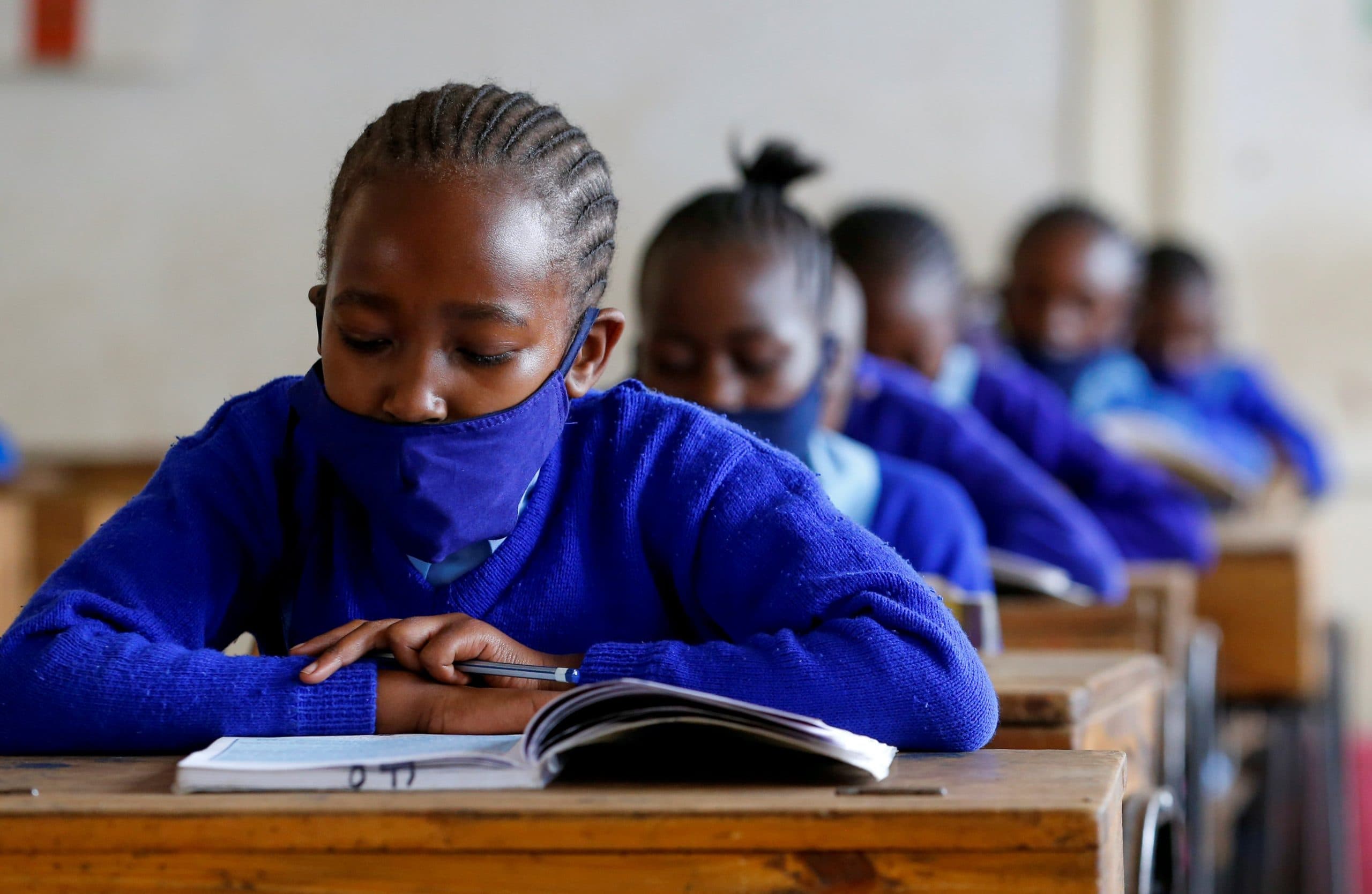We're loading the full news article for you. This includes the article content, images, author information, and related articles.
A landmark report warns systemic failures, including severe teacher shortages and infrastructure gaps, are leaving millions of children unprepared, jeopardizing Kenya's economic future and the success of the Competency-Based Curriculum (CBC).

A damning report on the state of Kenya's education system has revealed a profound learning crisis, with a significant majority of upper primary school pupils unable to comprehend basic English texts or solve simple mathematical problems appropriate for lower grades. The findings, detailed in the “State of Education in Kenya Research Report” released in July 2025 by the Zizi Afrique Foundation and Usawa Agenda, paint a grim picture of foundational learning across the nation.
According to the comprehensive study, only four out of every ten Grade 4 learners in Kenya can read and understand a Grade 3-level English story. The situation deteriorates as pupils advance, with the report showing that three out of ten learners in Grade 6 are unable to pass the same Grade 3-level comprehension test. These statistics suggest that thousands of children are progressing through the education system without acquiring the fundamental skills necessary for future learning and life.
The learning disparities are not uniform across the country, with learners in rural and Arid and Semi-Arid Lands (ASAL) being the most affected. The data shows a stark regional inequity, with the North Eastern region recording the lowest performance where only two in ten Grade 4 pupils meet the basic literacy benchmark.
The report attributes the alarming learning gaps to a confluence of deep-seated systemic problems, moving beyond classroom performance to diagnose the root causes. A critical issue identified is the acute nationwide shortage of educators. Kenya's education system faces a deficit of approximately 100,000 teachers across primary, secondary, and teacher training colleges. This shortage is compounded by the uneven deployment of staff by the Teachers Service Commission (TSC), leading to severe inequities in teacher-to-student ratios across different regions.
Inadequate infrastructure presents another major hurdle to quality education. The investigation found that sanitation facilities in most schools are dangerously overstretched and fall far below national standards set by the Ministry of Education. On average, 66 boys share a single toilet, while 62 girls share one, more than double the recommended ratios of 30:1 for boys and 25:1 for girls, respectively. This crisis in basic amenities is mirrored by a lack of essential facilities for the Competency-Based Curriculum (CBC), with 35% of junior schools having no STEM-trained teachers at all and just under half of learners having access to laboratory facilities.
Furthermore, the report links poor literacy outcomes directly to significant gaps in early childhood education. Children who attend pre-school are reportedly 18% more likely to perform better in English and 9% more likely in mathematics. Despite this, access remains a challenge, with high rates of children in counties like Mandera (51.4%) and Marsabit (33.3%) remaining out of school at the ECDE age. This lack of foundational learning creates a disadvantage that many children never overcome.
These findings cast a long shadow over the implementation of the Competency-Based Curriculum, a system designed to nurture skills and competencies over rote memorization. The report highlights a critical disconnect between the curriculum's ambitious goals and the on-the-ground reality of an under-resourced system. With only 21% of public junior school teachers trained in crucial STEM subjects, the capacity to deliver the CBC's practical and digital literacy components is severely constrained.
Speaking at the report's launch, Dr. John Mugo, CEO of Zizi Afrique, emphasized the urgent need for investment in Water, Sanitation, and Hygiene (WASH) infrastructure, laboratories, and digital access to support the new curriculum. Dr. Emmanuel Manyasa of Usawa Agenda called for the standardization of ECDE policies to bridge the vast regional gaps and ensure every child has a strong start.
Without immediate and targeted intervention to address these foundational challenges—from teacher recruitment and training to infrastructure development and equitable resource distribution—Kenya risks failing an entire generation. The crisis in basic literacy and numeracy not only undermines the potential of individual learners but also threatens the nation's long-term development goals as articulated in Vision 2030.
Keep the conversation in one place—threads here stay linked to the story and in the forums.
Sign in to start a discussion
Start a conversation about this story and keep it linked here.
Other hot threads
E-sports and Gaming Community in Kenya
Active 9 months ago
The Role of Technology in Modern Agriculture (AgriTech)
Active 9 months ago
Popular Recreational Activities Across Counties
Active 9 months ago
Investing in Youth Sports Development Programs
Active 9 months ago